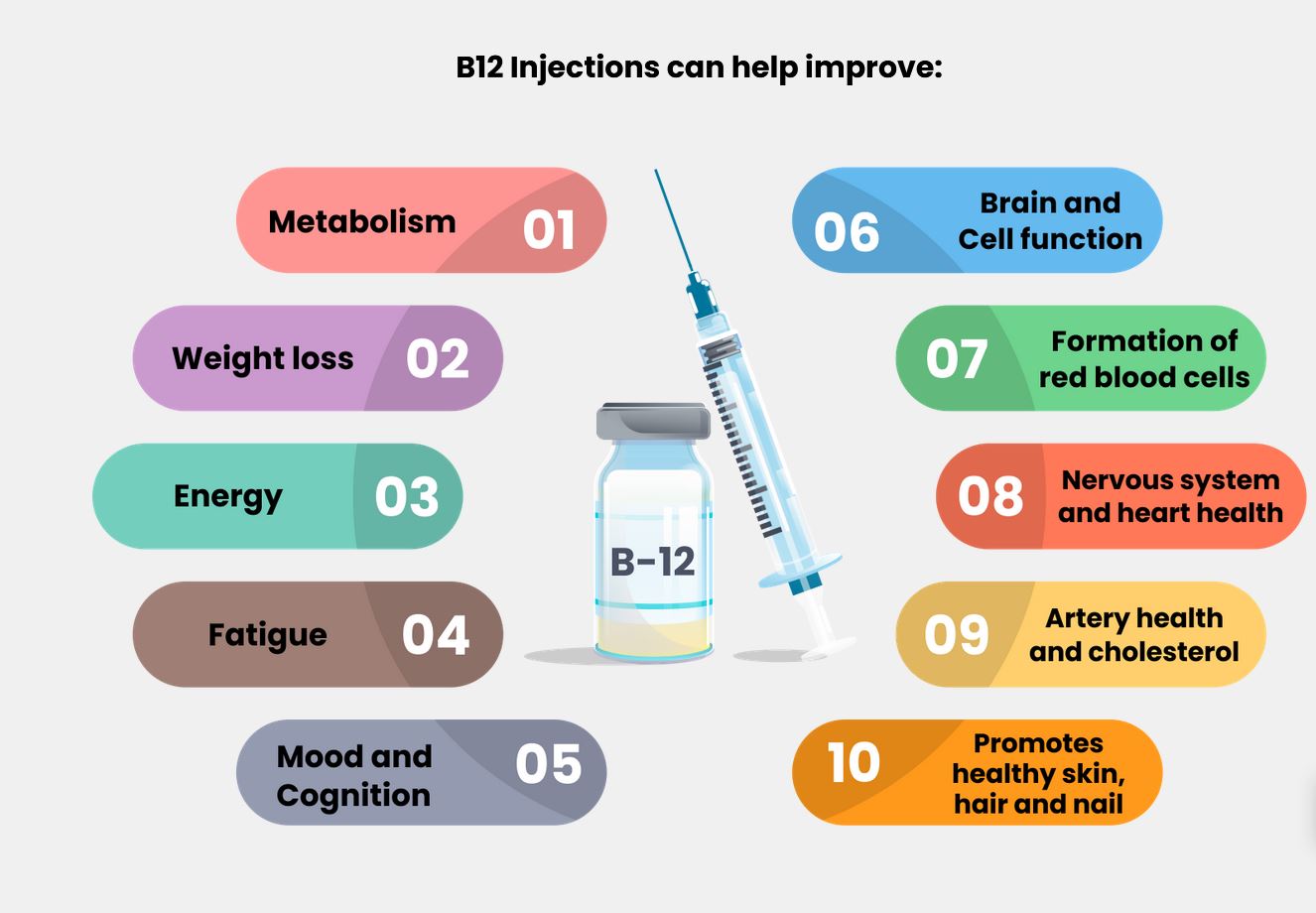
Table Of Contents
Administration Methods
Peptide therapy can be administered through various methods, with the most common being subcutaneous injections. This technique allows peptides to be delivered directly into the fatty tissue, facilitating gradual absorption into the bloodstream. In some cases, intramuscular injections may be employed, targeting muscle tissue for quicker peptide uptake. Certain formulations may also be available in oral or nasal spray forms, though these methods can affect the bioavailability of the peptides.
Men's Health Services in Alta Vista East Greeley, Fort Collins CO, offers tailored peptide therapy programs that include guidance on the best administration methods suited to individual health goals. It is essential for patients to work closely with healthcare professionals to determine the most effective delivery technique while considering factors like convenience, desired outcomes, and overall treatment plans.
Routes and Techniques for Delivery
Peptide therapy can be administered through several effective routes, each tailored to maximize absorption and efficacy. Subcutaneous injections are among the most common methods, allowing for easy self-administration. This approach involves injecting the peptide into the fatty tissue just beneath the skin, where it can gradually be absorbed into the bloodstream. In certain scenarios, intramuscular injections may also be utilized, targeting muscle tissue for quicker absorption.
In addition to injections, some peptides are available in nasal spray or oral forms, presenting alternative methods for delivery. Nasal sprays can provide rapid absorption through the mucous membranes, making them suitable for peptides that require quick onset of action. Oral peptides, while less common due to potential degradation in the digestive system, offer a convenient option for those seeking non-invasive treatments. For those interested in peptide therapy, Men's Health Services in Kersey, Fort Collins CO, can provide guidance on the appropriate delivery methods based on individual needs.
Safety and Side Effects
Peptide therapy is generally considered safe for many individuals seeking various health benefits. However, it is essential to be aware of potential side effects that may arise from its use. Common side effects can include mild reactions such as headaches, nausea, or injection site irritation. Serious side effects are rare but may involve allergic reactions or more severe medical conditions. Anyone considering peptide therapy should consult with healthcare professionals to fully understand the risks involved.
Safety remains a priority when discussing peptide therapy. Monitoring for adverse reactions is crucial, particularly as research into long-term effects is ongoing. Individuals interested in exploring peptide therapy often seek guidance from specialized clinics, such as Men's Health Services in Severance, Fort Collins CO. These clinics provide comprehensive assessments to ensure that therapy is tailored to individual needs and that any potential risks are managed effectively.
Potential Risks and Adverse Reactions
Peptide therapy, while often praised for its benefits, can also carry potential risks and adverse reactions. Individuals may experience side effects ranging from mild to severe depending on the type of peptide used and the dosage. Common reactions include local irritation at the injection site, headaches, nausea, and fatigue. In some cases, more serious complications such as allergic reactions or infections can occur, especially when proper administration techniques are not followed.
Consultation with healthcare providers is essential before starting peptide therapy, particularly for those with pre-existing conditions or who are taking other medications. Proper monitoring can help mitigate risks and identify any adverse reactions early on. Men seeking guidance can benefit from the expertise offered by Men's Health Services in West Hill-N-Park North Greeley, Fort Collins CO, which provides tailored programs to ensure safety and optimal results during peptide therapy.
Research and Evidence
Research into peptide therapy has been expanding, with various studies exploring its efficacy for different health conditions. Clinical trials have demonstrated positive outcomes in areas such as weight management, muscle growth, and recovery from injuries. These findings suggest that peptides may play a significant role in enhancing overall wellness and addressing specific health concerns.
Currently, institutions and organizations are investigating the therapeutic benefits of peptide treatments. Some research focuses specifically on applications in hormone regulation and immune function. Men's Health Services in Kersey, Fort Collins CO, is among those that are examining how peptide therapy can complement traditional treatments, potentially offering new avenues for patient care and improved health outcomes.
Current Studies Supporting Peptide Use
Recent research has increasingly highlighted the potential benefits of peptide therapy across various applications, particularly in areas related to health and wellness. Studies have shown that peptides can play a significant role in muscle growth, fat loss, and recovery from injuries. These findings are especially relevant for those seeking to enhance exercise performance or recover from strenuous physical activities. Various trials are underway to further investigate these effects and the safety of different peptide formulations.
Men's Health Services in Severance, Fort Collins CO, have begun to incorporate these studies into their practice, offering peptide therapy as an option for patients looking to optimize their health. Clinical observations support the notion that peptides can improve not only physical performance but also overall well-being. Ongoing research aims to solidify the understanding of the active mechanisms at play and explore any long-term benefits that may arise from consistent peptide use in diverse populations.
FAQS
What is peptide therapy?
Peptide therapy involves the use of specific peptides to promote healing, enhance performance, or address various medical conditions. These small chains of amino acids are designed to interact with receptors in the body to trigger specific biological responses.
What are the common methods of administering peptide therapy?
Peptide therapy can be administered through various methods, including subcutaneous injections, intramuscular injections, and sometimes intranasally, depending on the specific peptide and treatment goals.
Are there any side effects associated with peptide therapy?
Yes, while many individuals tolerate peptide therapy well, potential side effects may include injection site reactions, headaches, nausea, or changes in blood pressure. It’s important to discuss any concerns with a healthcare provider.
How effective is peptide therapy based on current research?
Current research suggests that peptide therapy can be effective for various applications, including muscle recovery, weight management, and anti-aging treatments. However, more studies are needed to fully understand its long-term efficacy and safety.
Who should consider peptide therapy?
Individuals looking for alternatives to traditional treatments for specific conditions, athletes seeking performance enhancement, or those interested in anti-aging solutions may consider peptide therapy. It's essential to consult with a healthcare professional to determine suitability.







